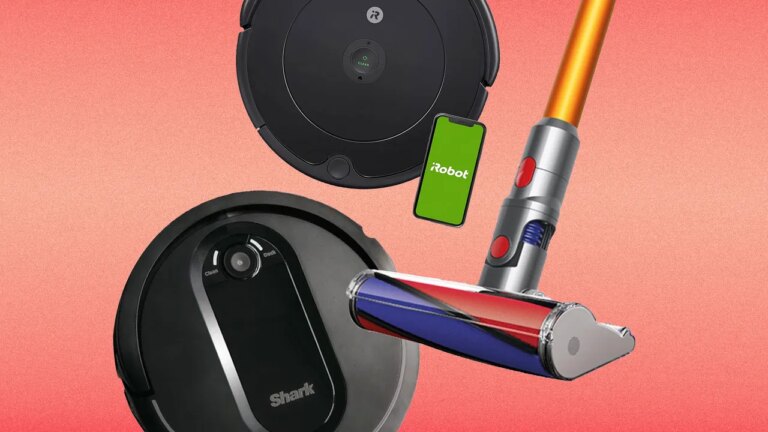Bioclimatic House / Utopia – Arquitectura e Engenharia






- Area:
250 m²
Year:
2024
Manufacturers: BRUMA, CIN, Capadrain, Cimentart, Cortizo, Deutsche FOAMGLAS®, Doka, Efapel, Giacomini, Hoermann, Imperalum, Indelague, Isolusa, JNF, Knauf, LUSOTUFO, Mapei, Preceram, Radcon, Robbialac, +4-4-
Lead Architect:
Ricardo Tedim Cruz

The project concept. This project aimed to integrate a home among the trees, resembling a body that twists and contorts. The resulting gaps from these twists accommodate windows and create shadows, facilitating natural cooling of the house. Elevated from the ground as a flat structure, the house benefits from enhanced thermal interaction with the earth and allows for full-height ventilation and beautiful views. Engineering and architecture combine with a unified goal: living harmoniously within nature.



The client. The client asked for a house following a NZEB (Nearly zero energy building) guidelines. He also asked for no air conditioning equipment or mechanical ventilation. At the same time, the client also demanded that no insects or small animals could enter the house while windows were open. In parallel he wanted the house in the middle of the natural environment. Finally, he wanted to have the minimum carbon footprint on the life of the building.

The project. We provided a project that showcases a strategy that produces more shadows on a house and more natural ventilation. Only passive architecture systems were used. We believe that passive energy strategies are founded on the architects’ pencil. We produced a form that protects the interior from solar radiation without any kind of high tech or domotics.



The passive house system. The climate in Portugal is heating. We need more shadow on the buildings. We don’t need more high tech stuff that consumes more energy. We placed the windows on the right place to be shadowed. Since the windows are full height and across different facades, ventilation occurs naturally. On Summer we have free air conditioning from the air that enters on the shadowed windows. On winter, the windows are closed, the sun beams are lower and we can heat the house naturally. All this was made with a collaboration between engineering and architecture. Beauty must be therefore efficient and sustainable.


A new path towards sustainability. We have provided a new strategy to passive systems: the facade form that produces shadows and that allow for natural ventilation. In parallel we have used strategies that are already used in other projects but made total sense here: cork insulation on the ETICS system ( because it’s also perfect in case of summer forest fires so problematic in Portugal), rain water reuse ( water is becoming more scarce in Portugal and that’s why you see photos of a big pool on the outside). We also have solar panels that reduce the power use from the grid. In general, we used natural resources with extreme caution. The power consumption of the house is 12 kWh/m2/year. The whole-life carbon assessment is 1,140 kgCO2 e/m2 . This strategy proves that this path is a great new option for a sustainable development.








